Center for Innovation in Behavioral Health Education and Research
Mission: Prioritizing social justice, human rights, and community engagement, the Center for Innovation in Behavioral Health Education and Research serves as the intellectual hub for developing innovative clinical social work research and accelerating dissemination into practice communities.
About the Center for Innovation in Behavioral Health Education and Research (CIBER)
The Center for Innovation in Behavioral Health Education and Research (CIBER) was founded in 2020 by Dr. Melinda Gushwa and Dr. Jennifer Putney. CIBER is housed within the Simmons University School of Social Work (SSW), a national leader in providing training to students across their social work careers, offering the BSW, MSW, DSW and PhD degrees. The SSW specializes in clinical social work practice, practice leadership, and scholarship to advance evidence-informed practice and policies.
The development of the CIBER is rooted in the proud tradition of Simmons social work, which offered the first professional social work training in the United States over 100 years ago. Nationally, we are the only center focused on developing innovative clinical social work research and accelerating the dissemination of clinical social work into practice, a process which can otherwise take decades. Clinical social workers are an essential part of the behavioral health workforce, making up 60% of it as a whole, and comprising more than 80% of those who become psychotherapists. Our broad focus on clinical social work supports adaptability and durability of a Center, ensuring we are ready to respond to a rapidly changing behavioral health environment.
Priorities of Social Justice, Human Rights & Community Engagement
Social justice, a core value of the profession of social work, is the orienting value of CIBER. The process and outcomes of our research and training elevate social justice by aiming to impact diversity, equity, and inclusion outcomes. By focusing on such outcomes, we further our aim of protecting and promoting human rights. Our commitment to social justice and human rights is integrated into transparent and democratic processes of the CIBER.
Community engagement is central to our work. By building solidarity, reciprocity and effective partnerships with communities, and focusing in particular are those that have been historically under-served or marginalized, we are able to offer relevant trainings and outreach that allow us to disseminate research directly into practice.
Within the community of Simmons University and across professional communities, we seek to establish engaged and durable partnerships, celebrating collaboration as a centerpiece of innovation.
Key Accomplishments
- 8 federal and foundation grants secured, totaling over $12 million.
- 35+ trainings delivered to 1700+ behavioral health professionals on topics including substance use harm reduction, domestic violence, trauma-informed practice and supervision, racial justice, wellbeing, and telehealth practice.
- 85 MSW practicum placements established in medically underserved areas; 44 in federally qualified health centers; 60 in integrated primary care-behavioral health settings.
- 60+ alumni committed to careers in federally designated health-profession shortage areas and/or communities disproportionately affected by violence and trauma.
- 1300+ MSW students experienced enhanced education through the use of new technologies.
.
CIBER Faculty Fellow 2023–2025

Kristen Ethier
Assistant Professor
CIBER Faculty Fellow 2024–2026

Jeffrey Steen
Assistant Professor
CIBER Directors
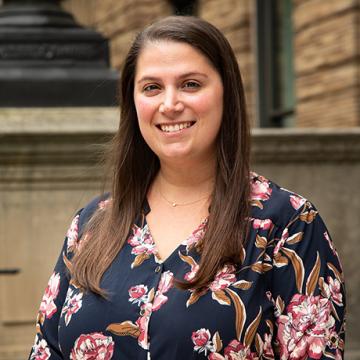
Christina M. Sellers
Associate Professor, Jennifer Eckert ‘08SW School of Social Work Endowed Chair, and Director of the Center for Innovation in Behavioral Health Education and Research
CICSW Research Associates
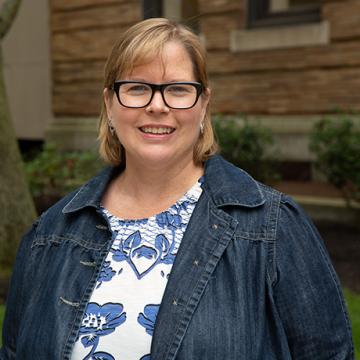
Melinda Gushwa
Adjunct & Research Affiliate
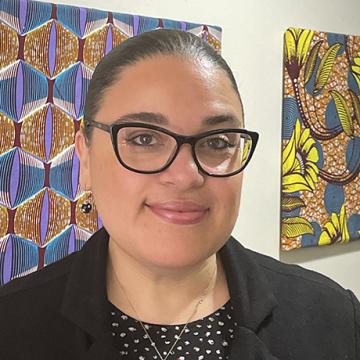
Eugenia Knight
Associate Professor of Practice and Director of MSW Practicum Education
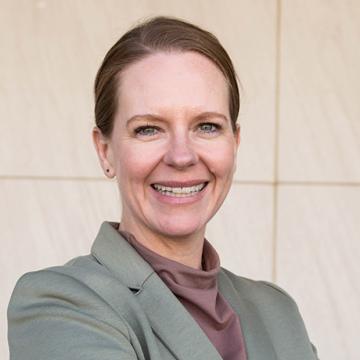
Kristie Thomas
Professor and Associate Dean for Academic Affairs

Noelle C. Dimitri
Assistant Professor
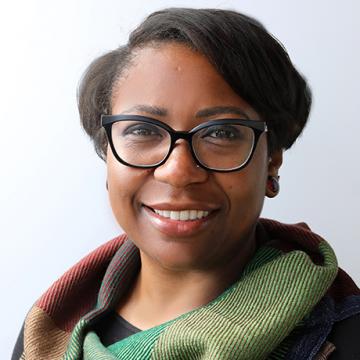
Renada Goldberg
Assistant Professor
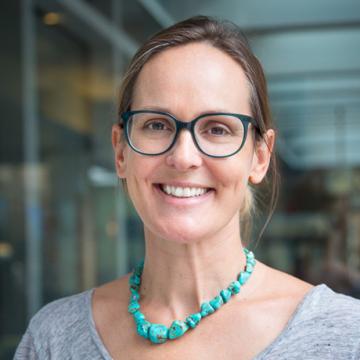
Lydia Ogden
Adjunct & Research Affiliate
CICSW Staff
Carlie Capell
Assistant Director of ITTS
